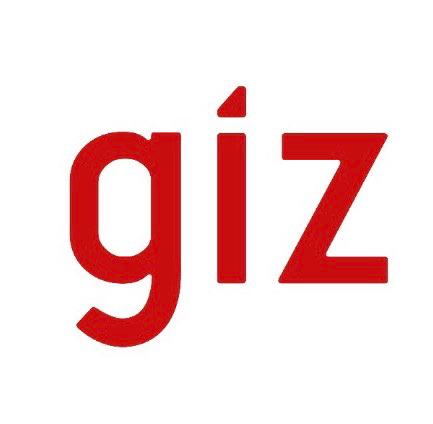
Covid-19 has put unprecedented strain on markets, governments, businesses and individuals. Communities and firms are in dire need of liquidity. Financial service providers operate under constraints. Governments look for digital means for stimuli or relief response for the millions.
The pandemic bears the risk of setting back many years of progress. Financial sectors play a key role in the recovery from the crisis and the long-term economic and social prospects. Digital finance offers ways in strengthening the resilience and growth of businesses and communities.
Although financial inclusion has progressed over the last decade, the society – around 63% in the Arab region - is largely excluded from the formal financial sector. Businesses face a massive funding gap.
Join Yalla Fintech 2020 Hackathon to boost your innovative solution and make a difference in the Financial Inclusion for the Arab Region!

Large parts of the population and especially micro, small and medium-sized businesses do not have sufficient access to funding from formal lenders. Borrowers can lack financial records. Loan processes can be lengthy or complex. Credit tends to be bound to high collateral requirements or inadequate in size or maturity, and hence is difficult to obtain or unattractive. Alternative data, platforms, or marketplace relationships are not sufficiently used.

Populations exhibit gaps in financial literacy or capability, particularly with new forms of financial services. There is an unmet demand for better tools to manage money matters or to learn and make informed decisions in budgeting, saving, investing, or borrowing especially in the digital space. Low levels of digital financial literacy on the side of citizens, entrepreneurs or customers can be costly, create barriers in access to formal finance, constrain digital customer onboarding, and discourage the uptake of products from financial services providers.
Digital Lending:
Next-gen fintech tools or applications that help bridge the credit gap by enabling MSMEs or people connect easier with new sources of credit (unsecured or secured, short to long-term) through business, platforms and marketplace solutions, or by supporting financial service providers to leverage data in new lending processes for servicing unbanked or underserved segments with (digital) credit sustainably.
Digital Financial Services Awareness:
Innovative tools or applications that empower the unbanked, financially underserved or excluded market segments – especially youth, low-income groups or women entrepreneurs – in enhancing their (1) digital financial literacy, or (2) awareness and market information about digital or fintech services, or (3) financial capabilities in managing daily money matters and financial decision making.
GIZ:
The qualified winning team in a category will be awarded a prize money of EUR 5,000.00 to kick start the scaling of the solution.
Oracle:
Access to Oracle’s Unique Accelerator Program “Oracle for Startups” connecting promising startups with cloud resources and enterprise expertise.
Participants
46
Team size
2-5
Registration Start Date
Oct 08, 2020
Registration End Date
Nov 19, 2020
Shortlisting Date
Nov 26, 2020
Hackathon Start Date
Dec 08, 2020
Hackathon End Date
Dec 15, 2020

GIZ is a global partner in the field of international cooperation for sustainable development, with over 50 years of experience. GIZ works with partners to develop effective solutions that offer people better prospects and sustainably improve their living conditions. GIZ is a public-benefit federal enterprise and supports the German Government and a host of public and private sector stakeholders in a variety of areas, including economic development and employment promotion, energy and the environment, and peace and security.
On behalf of the German Federal Minsitry for Economic Cooperation and Development (BMZ), GIZ supports the Financial Inclusion for the Arab Region together with the monetary and regulatory authorities and its international partners in view of shared prosperity, decent employment, and sustainable growth in the Arab world.
www.giz.de